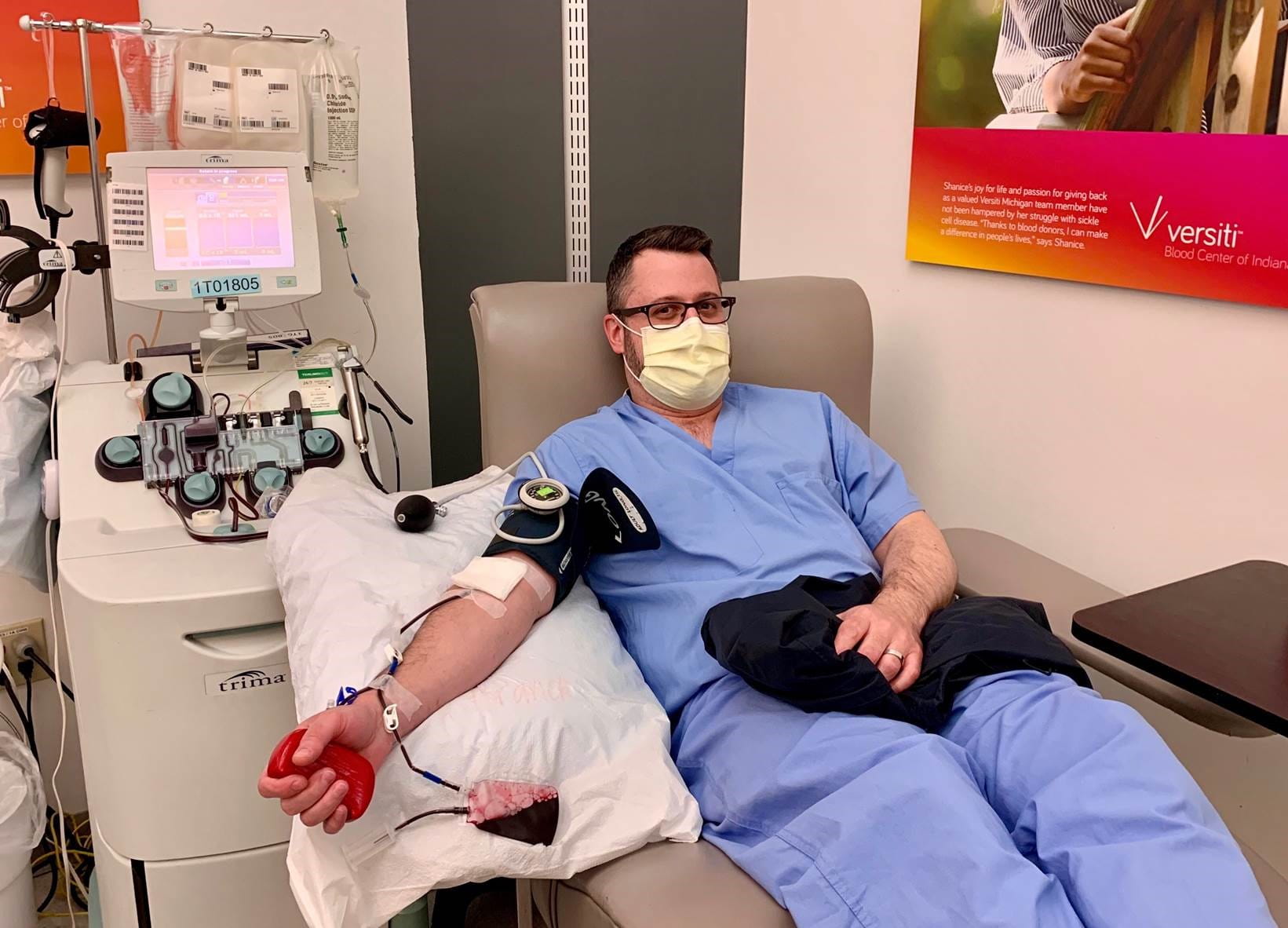Donating plasma has become increasingly popular in recent years. Many people view it as a noble act of giving back to society, and there's no denying that plasma donations have helped save countless lives. However, it's important to consider the potential risks and downsides before deciding to donate plasma.
The Hidden Risks
While donating plasma can be a charitable act, it's essential to understand the potential drawbacks. Here are some reasons why you should think twice before donating plasma:
- Potential Health Risks: Donating plasma involves the extraction of a significant amount of fluid from your body. Although it may seem harmless, this process can have adverse effects on your health. It can lead to dehydration, fatigue, dizziness, and even fainting in some cases. It's crucial to prioritize your own well-being before considering plasma donation.
- Long-Term Effects: While the short-term effects of plasma donation may not be severe, the long-term consequences are still relatively unknown. Continuous plasma donation can potentially impact your immune system and weaken your body's ability to fight off infections. Additionally, it may deplete essential nutrients and minerals from your body, affecting your overall health in the long run.
- Disruption to Daily Life: Donating plasma isn't a one-time commitment. It often requires regular visits to the donation center, which can disrupt your daily routine. The process itself can take several hours, which may not be feasible for individuals with busy schedules or demanding jobs. It's essential to consider the impact on your lifestyle before committing to plasma donation.
- Financial Implications: Contrary to popular belief, plasma donation is not always a lucrative endeavor. While some donation centers offer compensation, the amount is usually minimal, and the time and effort required may not be worth the reward. It's important to weigh the financial implications and consider whether the compensation justifies the potential risks and inconvenience.
These points highlight some of the often-overlooked aspects of plasma donation. It's crucial to make an informed decision based on your individual circumstances and priorities.
Alternative Ways to Make a Difference
Fortunately, there are numerous other ways to contribute to society and make a positive impact without donating plasma. Here are a few alternative ideas:
- Volunteer at local community organizations or non-profit charities.
- Donate blood, which is a relatively safer and quicker process.
- Support causes and organizations through monetary donations.
- Participate in fundraisers and awareness campaigns.
- Mentor or tutor individuals in need.
By exploring these alternatives, you can still play an active role in helping others while avoiding the potential risks associated with plasma donation.
"It's important to prioritize your own well -being and thoroughly evaluate the potential risks before deciding to donate plasma."
Remember, everyone's circumstances and priorities are different. What may be right for one person may not be the best choice for another. It's crucial to listen to your body and make an informed decision that aligns with your overall well-being.
In conclusion, while the act of donating plasma is commendable, it's important to consider the hidden risks involved. The potential health effects, disruption to daily life, and uncertain long-term consequences should all be taken into account. Instead of donating plasma, explore alternative ways to contribute to society that may be better suited to your individual circumstances. By doing so, you can make a positive impact without compromising your own health and well-being.

.jpg)

0 Comments